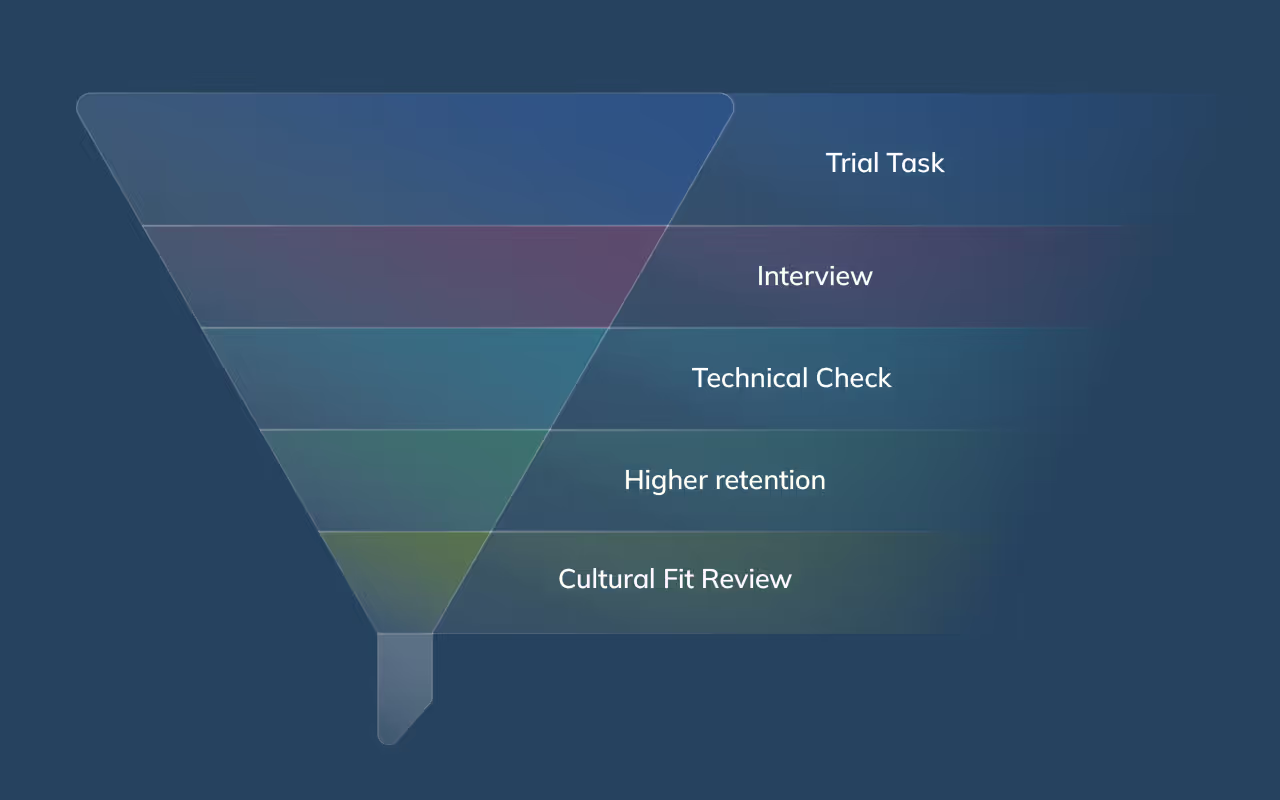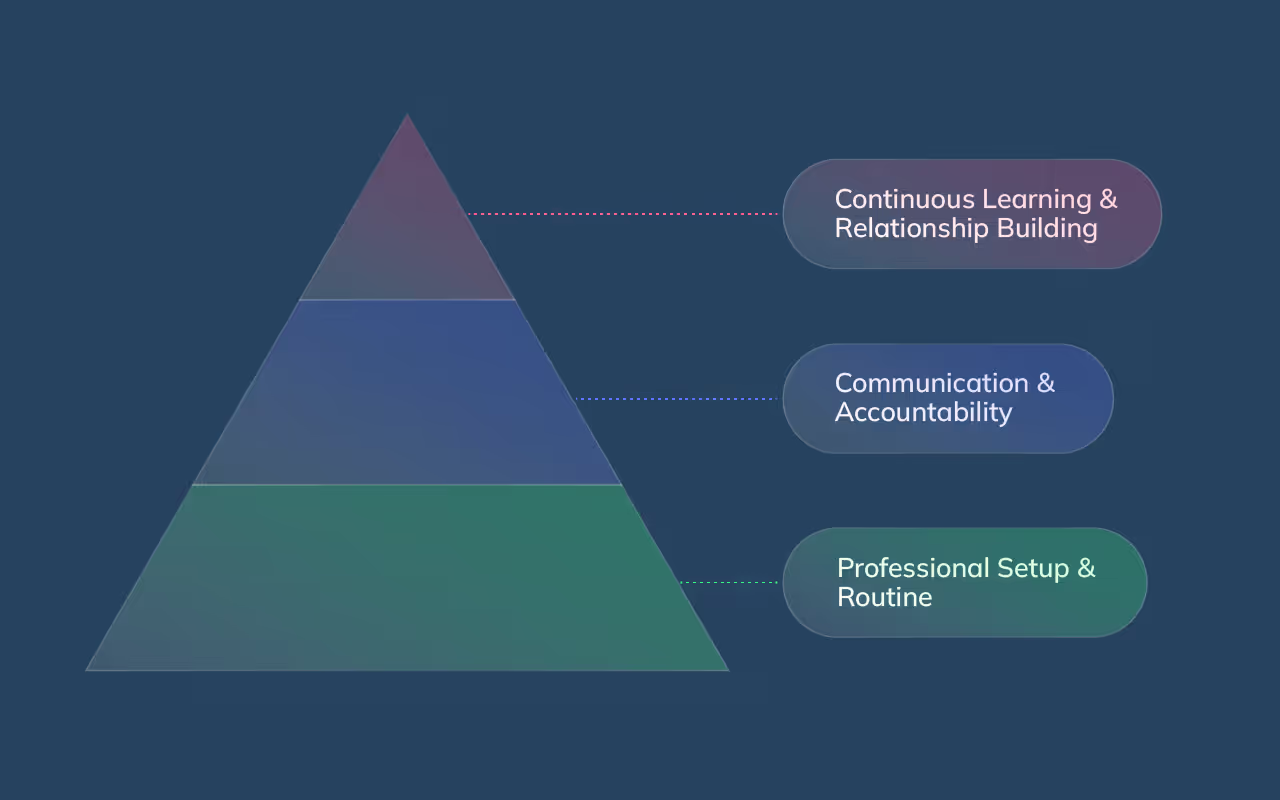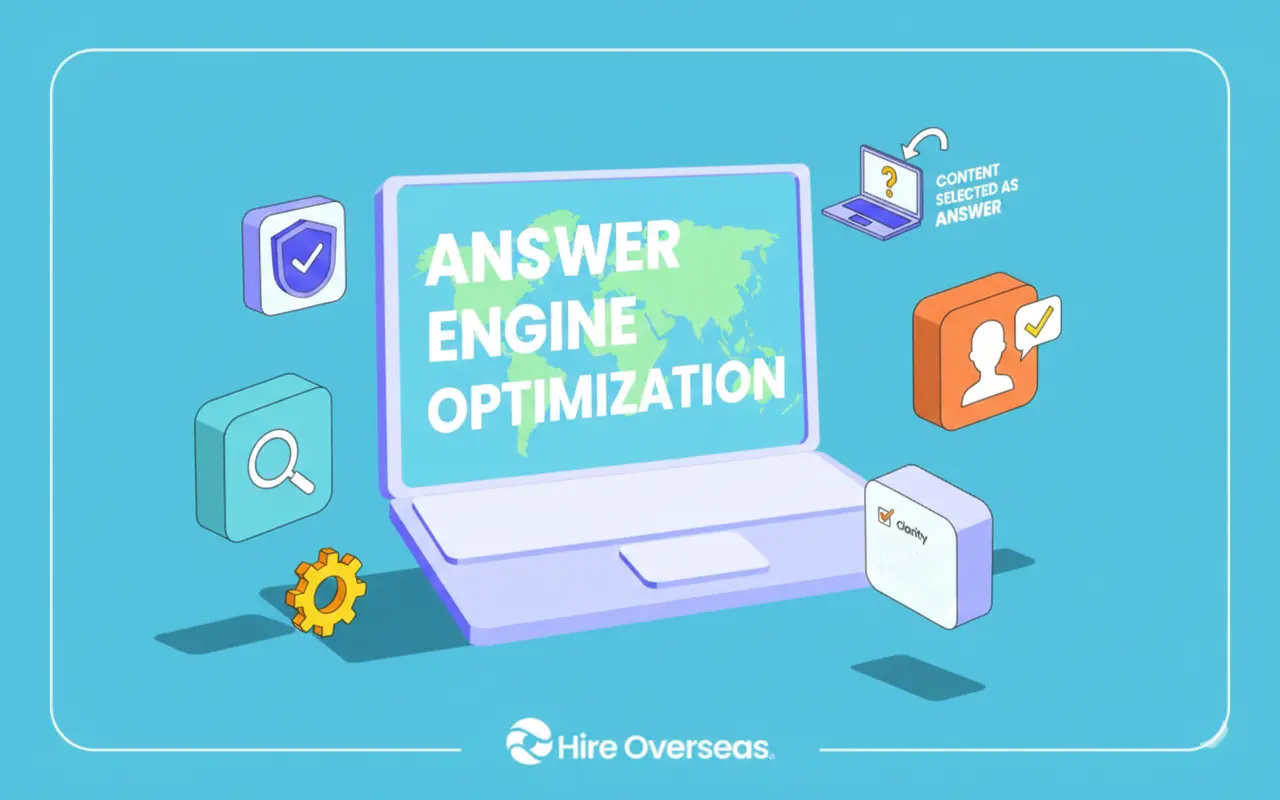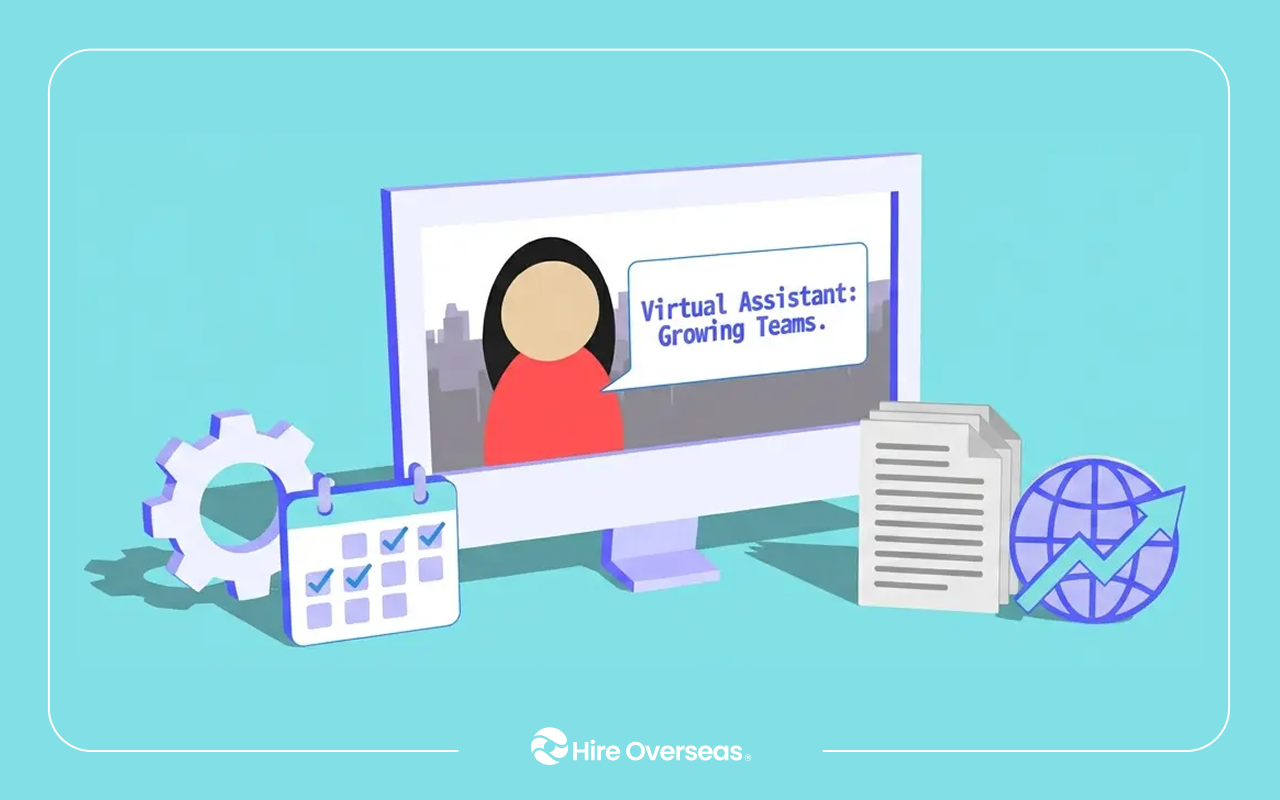Remote Paralegal Careers: How to Thrive in a Virtual Legal Environment

As the legal industry embraces digital transformation, the demand for remote paralegals has grown significantly. From small law firms to large PI firms, more attorneys are realizing that location is no longer a barrier to effective legal support. With the right tools, communication habits, and accountability systems, remote paralegals can deliver the same—if not better—results than their in-office counterparts.
What Is a Remote Paralegal?
A remote paralegal performs the same core duties as an in-office paralegal, but works from home or another remote location. This includes legal research, document drafting, case management, and client coordination. Many law firms now hire virtual paralegals or freelance paralegals to support attorneys through secure online systems, making paralegal remote work both flexible and efficient.
Remote positions are no longer limited to big firms. Even solo legal support staff and small law firms can now operate with hybrid or fully virtual setups, allowing access to talent without office space limitations.
Why Law Firms Are Hiring Remote Paralegals
As the legal industry shifts toward digital operations and hybrid work models, more firms are turning to remote paralegals for reliable, cost-efficient support. Whether it’s a busy personal injury firm or a small law firm managing limited resources, virtual legal professionals help maintain productivity, streamline workflows, and improve collaboration—without the constraints of a physical office.
Cost Efficiency and Flexible Staffing
Remote paralegal services help law firms cut expenses on rent, equipment, and benefits. A work-from-home paralegal uses their own setup and connects securely to firm systems. Many PI firms or small law firms hire freelance paralegals during peak workloads, scaling support without long-term costs.
Access to Specialized Talent
Remote paralegal positions allow firms to hire experts from anywhere. A litigation practice can find a paralegal skilled in medical summaries, while an immigration firm can bring in one familiar with multilingual filings. This gives even solo legal support staff access to top-tier experience without hiring full-time.
Efficient Workflow Collaboration
Cloud-based tools like Clio and MyCase make workflow collaboration and remote supervision seamless. Attorneys can assign, review, and track tasks in real time. Clear digital logs improve accountability in remote settings, often making paralegal remote work more transparent than in-office setups.
Strong Communication and Follow-Up
Successful remote paralegals maintain consistent communication with attorneys and timely follow-up with attorneys to keep cases on track. Structured updates through email or project platforms help manage attorney responsiveness and prevent missed deadlines.
Reliable Support for Hybrid Firms
As firms adopt hybrid work and remote work logistics, virtual paralegals ensure continuous support. Whether handling client intake for a personal injury firm or drafting motions for small practices, remote paralegals keep workflows steady even when attorneys work from different locations.
[blog-cta_component]
How Law Firms Assess Remote Paralegal Skills

When hiring remote paralegals, law firms look beyond legal expertise. They evaluate how well candidates handle remote work logistics, communication, and accountability in a virtual setup. A successful remote paralegal must be proactive, detail-oriented, and able to collaborate seamlessly with attorneys despite physical distance.
Most firms use a mix of trial tasks, interviews, and communication checks to assess these qualities. This approach helps identify applicants who not only understand legal processes but can also manage workload and responsiveness independently.
Key skills law firms assess include:
- Communicating with attorneys clearly and consistently across emails, calls, and case platforms.
- Showing strong spoken skills during client or attorney briefings.
- Maintaining accountability in remote settings through proper task tracking and reporting.
- Managing follow-up with attorneys to confirm case progress and filing accuracy.
- Using tools like Clio or MyCase for remote supervision and workflow collaboration.
- Protecting client data while working in cloud-based systems.
Firms often begin with trial tasks such as drafting pleadings or summarizing evidence—to evaluate technical accuracy, time management, and adaptability. This gives a real view of how the paralegal performs under remote conditions. Successful candidates then move to video interviews, where spoken communication, professionalism, and responsiveness are tested. This step ensures they can communicate effectively with attorneys and clients in a remote or hybrid environment.
How Hire Overseas Assesses Remote Paralegal Applicants
At Hire Overseas, we use a structured, results-based approach to screen and qualify remote paralegal candidates for law firms worldwide. Our goal is to ensure every applicant we endorse is legally proficient, tech-ready, and capable of clear professional communication.
Our assessment process includes:
1. Trial Task and Skills Assessment
Applicants complete a hands-on task—such as drafting legal documents, summarizing discovery files, or preparing client correspondence. This test measures their accuracy, attention to detail, and ability to maintain accountability in remote settings without close supervision.
2. Interview and Spoken Communication Screening
After the trial task, candidates join a live virtual interview where we assess spoken skills, responsiveness, and professionalism. We observe how they handle simulated client and attorney conversations, ensuring they can communicate effectively and confidently in a remote legal environment.
3. Technical and Software Proficiency Check
Candidates demonstrate familiarity with tools like Clio, MyCase, and Microsoft Office. We also test their ability to follow digital workflow collaboration procedures and manage files securely.
4. Legal Knowledge and Writing Evaluation
Written assessments cover legal terminology, formatting, and document drafting to ensure the paralegal can handle both general and specialized assignments—ideal for PI firms, small law firms, or hybrid setups.
5. Cultural Fit and Work Ethic Review
Finally, we assess adaptability, time discipline, and communication habits to match candidates with each firm’s structure and expectations.
Through this process, Hire Overseas ensures every remote paralegal placed is skilled, well-spoken, and ready to support attorneys with accuracy, professionalism, and accountability—no matter where they work.
Hire Overseas Insider: How to Succeed as a Remote or Virtual Paralegal

At Hire Overseas, we’ve trained and placed hundreds of remote paralegals and virtual legal assistants with top law firms in the U.S. The professionals who thrive in these roles don’t just have legal knowledge—they know how to work independently, communicate clearly, and stay accountable in a fully digital environment.
If you’re preparing for or already in a remote paralegal position, here’s what our team recommends to perform at your best and stand out in the global legal workforce.
1. Build a Professional Routine and Work Setup
Treat remote work like being in the office. Set fixed hours that match your firm’s time zone and stick to them. Create a quiet, distraction-free workspace with stable internet, dual monitors, and organized digital folders. Use noise-cancelling headsets for calls and video meetings to maintain a professional presence.
Law firms value consistency. Being responsive during business hours and meeting deadlines on time signals reliability and builds attorney trust quickly.
2. Master Legal Software and Remote Collaboration Tools
Top-performing remote paralegals are fluent in tools like Clio, MyCase, PracticePanther, and Google Workspace. These platforms keep workflow collaboration transparent between attorneys and support staff.
Learn to:
- Create and manage task lists or shared calendars.
- Track billable hours accurately.
- Share files through secure cloud systems.
- Use case notes and document versioning to avoid duplication.
We encourage candidates to take short online courses or certifications in case management software—firms often prioritize applicants who can start with minimal onboarding.
3. Communicate with Precision and Initiative
Clear and proactive communication is essential for remote paralegal work. Always confirm assignments in writing, clarify unclear instructions, and send concise progress updates. Use structured reporting, such as end-of-day or weekly summaries, to keep attorneys informed without them having to ask.
If something affects a case timeline, inform your supervising attorney immediately—this shows professionalism and helps manage attorney responsiveness effectively.
4. Strengthen Confidentiality and Compliance Habits
Working remotely means handling sensitive information independently. Always follow firm protocols for data protection:
- Use VPNs and encrypted communication channels.
- Store files only on approved drives.
- Avoid using personal devices or sharing screens unnecessarily.
Remote paralegals who demonstrate strong confidentiality habits are often trusted with high-level cases faster.
5. Take Ownership of Accountability and Results
Without in-office supervision, your output defines your reputation. Use time-tracking tools to log work accurately and set internal deadlines ahead of schedule.
Document every major task completion and maintain a running checklist for visibility. Attorneys appreciate paralegals who are dependable and detail-oriented especially in remote supervision environments where follow-up is critical.
6. Continue Learning and Expanding Expertise
The legal industry evolves constantly, and virtual paralegals who stay updated on new laws, e-filing systems, and digital discovery tools have the edge.
Enroll in online courses on legal writing, trial preparation, or software updates. Attend webinars or join paralegal forums to keep your skills sharp. Hire Overseas regularly updates its training modules so candidates remain competitive in today’s remote legal assistant market.
7. Build Strong Relationships with Attorneys
Even in remote setups, relationships matter. Be courteous, responsive, and respectful of your attorney’s time. A simple message confirming completion, reminders about upcoming deadlines, or polite follow-up with attorneys builds professional credibility.
Consistency in communication and reliability often lead to longer contracts or promotions from project-based to permanent roles.
By applying these proven practices, you’ll position yourself as a top-performing remote paralegal—one who attorneys trust to deliver high-quality work, manage tasks independently, and communicate like an in-house professional.
At Hire Overseas, we help paralegals like you build thriving, long-term careers in the global legal industry. With the right discipline, digital fluency, and proactive mindset, you can excel anywhere—even from your home office.
Want to discover more organizations that excel in remote work culture and flexibility?
Read more about the best remote companies to work for.
Remote Paralegal Jobs and Career Opportunities
The rise of remote paralegal jobs has opened global career paths for legal professionals who want flexibility without sacrificing professional growth. At Hire Overseas, we connect qualified paralegals with international law firms that value skill, reliability, and digital fluency over physical presence. Whether you’re an experienced legal assistant or transitioning from an in-office paralegal role, there are now more ways than ever to build a rewarding remote career.
Types of Remote Paralegal Roles Available
At Hire Overseas, our remote paralegals take on diverse, specialized roles across multiple legal fields—each designed for long-term stability and professional growth. Law firms today depend on remote legal professionals not just for administrative help but for core casework, client management, and legal document preparation.
Some of the most in-demand remote paralegal roles include:
- Personal Injury (PI) Paralegal – Manages client intakes, requests medical records, drafts demand letters, and tracks settlements, helping PI firms stay organized and responsive.
- Litigation Paralegal – Prepares pleadings, organizes discovery materials, coordinates with expert witnesses, and supports attorneys throughout trial preparation.
- Corporate and Real Estate Paralegal – Handles contract reviews, compliance tracking, due diligence documentation, and transaction coordination.
- Immigration Paralegal – Prepares petitions, verifies supporting documents, and manages client communication for smooth case processing.
- Family Law Paralegal – Drafts agreements, manages custody case files, and supports attorneys with sensitive client documentation and follow-ups.
- Probate and Estate Paralegal – Organizes estate files, prepares probate petitions, and coordinates with courts for smooth estate administration.
Each placement is long-term and employment-based, not freelance or project-based. This ensures remote paralegals become an integral part of the firm’s team—working closely with attorneys through structured systems for remote supervision and workflow collaboration.
Curious how virtual assistants help law firms boost efficiency and streamline casework?
Read more about virtual assistants for lawyers.
Why Work with Hire Overseas
At Hire Overseas, we understand what international law firms expect and what talented legal professionals need to thrive. We go beyond matching résumés with job descriptions by evaluating each candidate’s technical ability, communication skills, and readiness for remote paralegal work through practical assessments and interviews. We carefully align every candidate with the right practice area, time zone, and firm culture. Whether your expertise is in litigation, corporate law, or client management, we match you with a firm where your skills can thrive—and where you can build a lasting, rewarding remote legal career.
Working with Hire Overseas means:
- Access to vetted remote paralegal services roles with reputable global law firms.
- Step-by-step guidance throughout the hiring journey, from skill verification to virtual onboarding.
- Continuous career development resources to help you grow confidently in legal remote work environments.
Our goal isn’t just to help you get hired—we aim to be the best place you’ll work with in your career journey. We build long-term partnerships with our paralegals, offering stable placements, professional support, and opportunities to keep learning.
Looking for expert help in finding the best remote opportunities that fit your skills?
Read more about recruiters for remote jobs.
Take Your Paralegal Career Remote
The legal world is no longer confined to traditional offices. Today, law firms across the globe are seeking motivated, detail-oriented remote paralegals who can bring precision, communication, and accountability to virtual legal teams. If you have the skills, professionalism, and drive to succeed independently, your career potential goes far beyond local boundaries.
At Hire Overseas, we connect talented paralegals like you with international law firms that value skill over location. Our placements aren’t short-term gigs—they’re stable, long-term opportunities to grow your expertise, collaborate with global attorneys, and thrive in a modern, digital legal environment.
Your Skills Deserve a Global Stage.
Explore Remote Paralegal Opportunities here and find your place on the world’s legal stage.
FAQs About Remote Paralegal Careers & Virtual Legal Work
Do remote paralegals need a special certification to work for international law firms?
Not necessarily. While a paralegal certificate or degree strengthens your credentials, most international law firms focus on your practical experience, writing skills, and ability to work independently in a remote setting. Software proficiency and strong communication skills often matter just as much as formal certification.
What equipment is required to work as a remote paralegal?
A reliable computer, stable high-speed internet, noise-canceling headset, and secure cloud storage access are the basics. Many firms prefer dual monitors for efficient document review, but equipment requirements vary by practice area.
Can remote paralegals work across different time zones?
Yes. Many firms hire remote paralegals from other countries as long as they can follow the firm’s schedule or maintain overlapping work hours. Time-zone flexibility is often a competitive advantage.
How much experience do I need before applying for remote paralegal jobs?
Entry-level opportunities exist, but most remote roles require at least 1–2 years of legal experience because attorneys expect remote paralegals to work with minimal supervision. Demonstrating strong writing samples or trial-task performance can help newer paralegals qualify.
What practice areas offer the most remote paralegal opportunities?
Fields with heavy documentation and client communication typically hire remotely more often—such as immigration, personal injury, corporate compliance, real estate, and family law. Each specialty values paralegals who can manage digital workflows efficiently.
Unlock Global Talent with Ease
Hire Overseas streamlines your hiring process from start to finish, connecting you with top global talent.
Unlock Global Talent with Ease
Hire Overseas streamlines your hiring process from start to finish, connecting you with top global talent.





